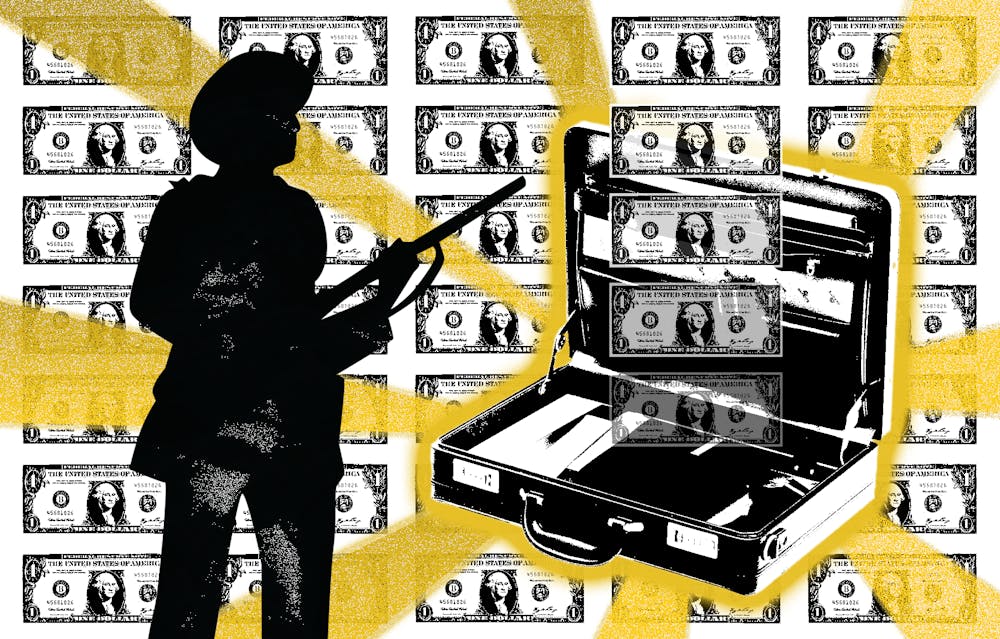Silent Sam — the confederate monument that once stood on McCorkle Place — plagued UNC’s campus for over a century. Erected as an icon of white supremacy — not as a memorial — the statue faced student protest for decades before finally being pulled down by a group of students.
Now, three and a half years later, his disturbing legacy persists.
The removal of Silent Sam was long overdue, but his departure mirrored its origins. Since that fateful protest, Black students have faced criminal charges, while white supremacist and neo-Confederate groups have found ways to use the statue to promote a lost cause.
The examples are insidious and borderline absurd. First, the Board of Governors drafted a plan to spend $5.3 million dollars on a museum specifically to house Silent Sam. The plan purported compromise by simultaneously removing Silent Sam from its original place of prominence, while also investing millions into giving it a brand-new place of prominence.
Then, the United Daughters of the Confederacy — the group that gifted the statue to the University back in 1913 — reportedly sold their property interest in the statue. While they didn’t actually have a legal claim to the statue because it was a gift, they still were able to use this moment to literally profit.
Most egregiously, the North Carolina Division of the Sons of Confederate Veterans negotiated a $2.5 million settlement with the University where they were to acquire both the statue and a trust to cover the statue’s care and display. The University was going to pay millions to fund a neo-Confederate group’s usage of Silent Sam in perpetuity.
The agreement quickly came under scrutiny. Court documents revealed the settlement was filed minutes after the initial lawsuit, indicating that the University had negotiated the settlement before the lawsuit was even filed. Further, the lawsuit that was filed wasn’t even a legitimate lawsuit and had no backing to be in court.
The settlement was thankfully vacated when students and faculty members sued, pointing out this discrepancy. Settlements like these are used to bypass regulations and public scrutiny.
Since the settlement’s terms are approved by the court in a consent judgment, the University is obligated to fulfill them even though the terms were not approved in open meetings or even by the UNC System’s dedicated task force.



